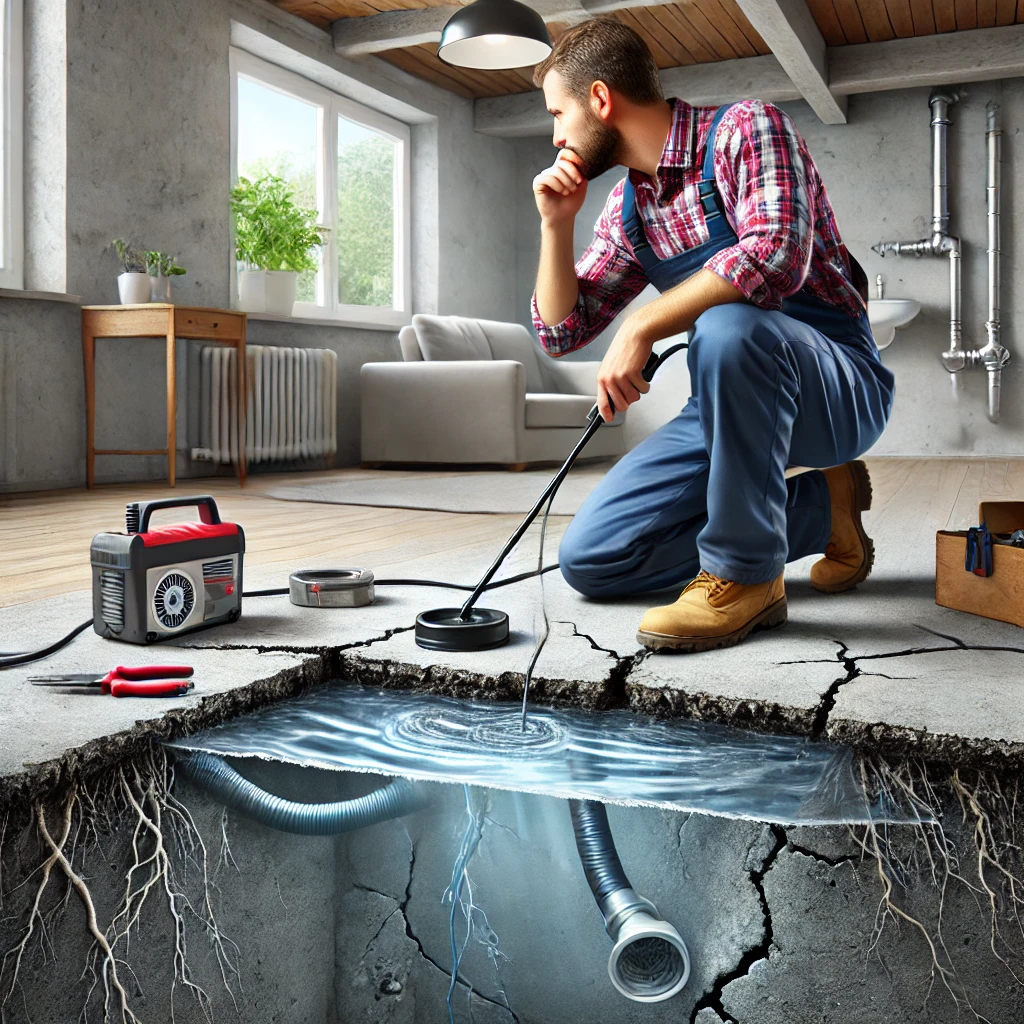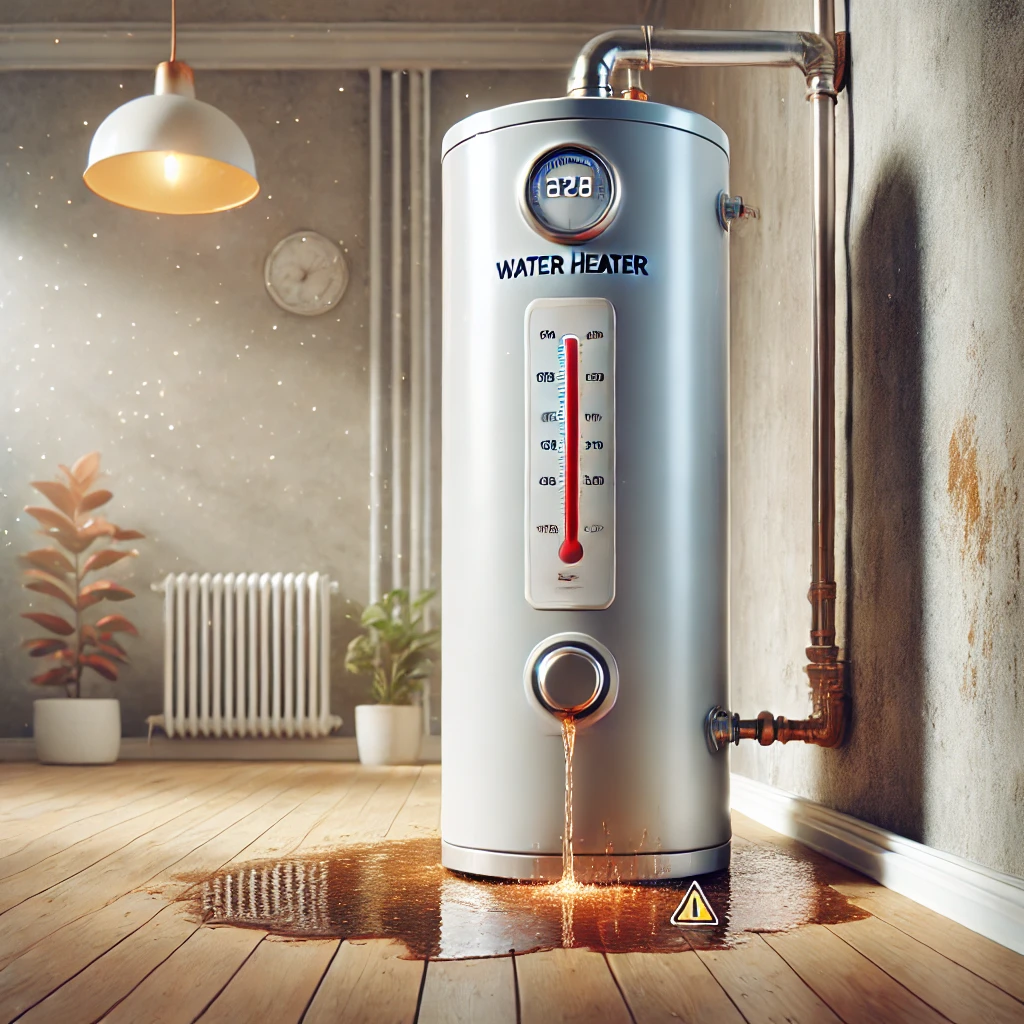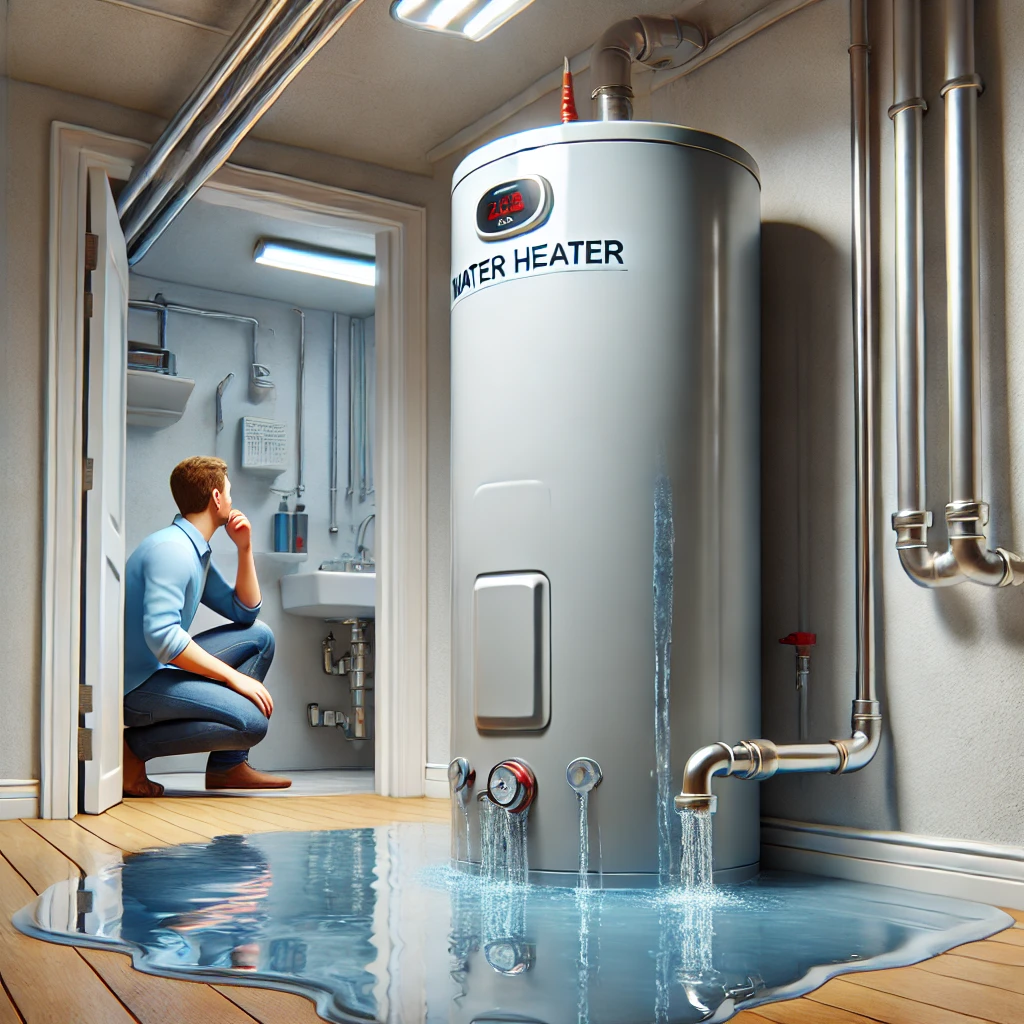A slab leak is one of the most serious plumbing issues a homeowner can face. It occurs when water or sewer pipes running beneath the foundation of a home develop leaks, leading to structural damage, increased water bills, and potential health hazards. Ignoring this problem can result in costly repairs and long-term damage to your home’s foundation.
Knowing how to identify early warning signs and taking prompt action can save thousands of dollars in slab leak repair costs. In this guide, we’ll explore what causes slab leaks, how to detect them, and what steps you can take to prevent serious damage to your home.
What Causes Slab Leaks?
Several factors can contribute to the development of slab leaks, including:
1. Pipe Corrosion
Older homes with metal plumbing pipes are more prone to corrosion, leading to weakened pipes that eventually start leaking. Over time, water chemistry, soil conditions, and aging materials cause deterioration.
2. Poor Installation
If pipes are poorly installed or improperly fitted, they can experience excessive stress and wear down faster than expected. Faulty installation may also cause pipes to rub against surrounding concrete, leading to cracks.
3. High Water Pressure
Excessive water pressure puts additional strain on pipes, which can lead to small leaks over time. If left unchecked, these minor leaks can turn into major plumbing issues.
4. Soil Shifting
Changes in the soil beneath a home’s foundation, often due to earthquakes, heavy rainfall, or nearby construction, can put stress on pipes, causing them to crack or break.
Warning Signs of a Slab Leak
Early detection is crucial to preventing extensive damage. Look for these common indicators of a slab leak:
- Unexplained Increase in Water Bills – A sudden spike in water usage without any changes in household habits can indicate an underground leak.
- Damp or Warm Spots on Floors – Water leaking under the foundation may create warm or moist spots on your flooring.
- Low Water Pressure – A significant drop in water pressure could mean a hidden leak in your plumbing system.
- Mold or Mildew Growth – Excess moisture from an underground leak can promote mold growth inside walls and under floors.
- Cracks in Walls or Flooring – Water damage from a slab leak can weaken a home’s structure, leading to visible cracks.
- Sounds of Running Water – If you hear water running even when all fixtures are off, a hidden leak might be the cause.
How to Fix a Slab Leak
Addressing a slab leak quickly can prevent further structural damage and costly repairs. The most effective solutions include:
1. Trenchless Pipe Repair
Modern trenchless technology allows for repairs without excessive digging. This method is less invasive, saving time and preserving your home’s foundation.
2. Pipe Rerouting
If the damaged pipe is difficult to access, rerouting the plumbing system may be necessary. This involves redirecting water flow through new pipes above ground.
3. Epoxy Pipe Coating
For minor leaks, plumbers may apply an epoxy coating inside the existing pipes to seal cracks and prevent further damage.
4. Slab Penetration and Pipe Repair
In severe cases, breaking through the concrete slab may be required to access and replace damaged pipes. This method is more invasive but is sometimes the only option for extensive leaks.
Preventing Slab Leaks
Preventative maintenance can help reduce the likelihood of slab leaks. Consider these measures:
- Schedule regular plumbing inspections to detect early signs of pipe wear.
- Monitor water pressure and install a pressure regulator if necessary.
- Replace aging pipes before they become a problem.
- Avoid planting large trees near your home’s foundation to prevent root damage.
- Keep an eye on your water bill for unexpected increases.
Need Professional Help? Contact ASAP Heating & Plumbing
Slab leaks require professional attention to prevent extensive damage and costly repairs. If you suspect a leak under your home’s foundation, ASAP Heating & Plumbing offers expert detection and repair services. Visit our contact page to schedule an inspection and prevent further damage to your home.







